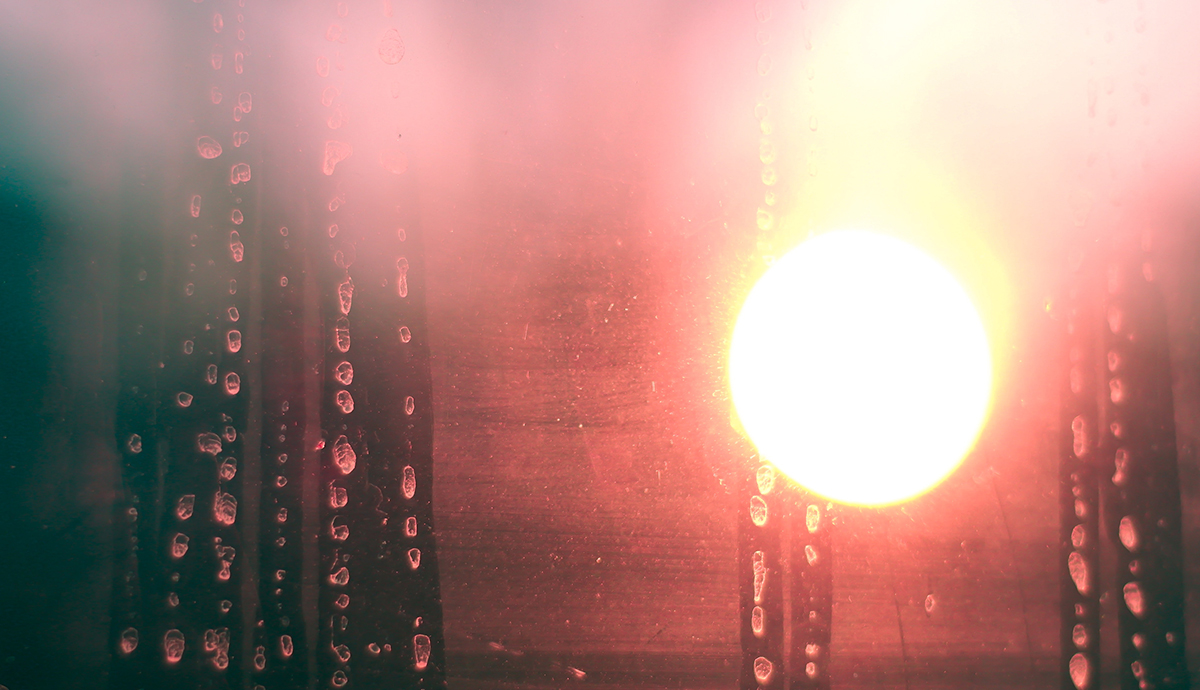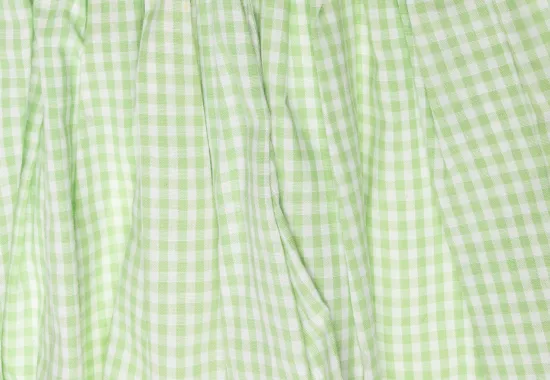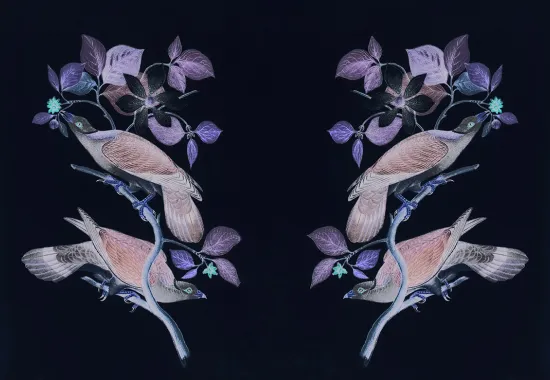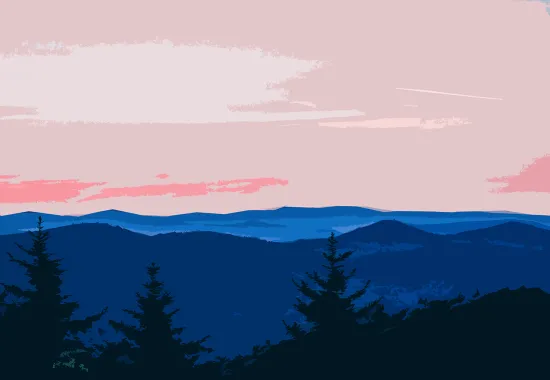What Matters
“Aboriginal Creation myths tell of the legendary totemic beings who had wandered over the continent in the Dreamtime, singing out the name of everything that crossed their path—birds, animals, plants, rocks, waterholes—and so singing the world into existence.”
--Bruce Chatwin
I like that and believe it absolutely. And its twin, “In the beginning was the word…” Sure. The world is created by words. I used such quotations in every class I taught. Those or an epigraph from Cormac McCarthy or Hemingway or Ellen Gilchrist or any number of poets. I just like the idea of beginning with something startling or gorgeous or thought provoking to start the class, the day. And hope the students take literature seriously, and I think they must if we’re to have any humanity left at all.
Today the attacks and trivialization of the humanities are ubiquitous. We’ve all heard the joke that English majors should be sure to minor in tending bar. Schools are cutting back on what they’ve designated as frills. We all know what frills are. The self-appointed education experts appear to be concerned only with what they’ve labeled STEM, and the corruption caused by the for profit test making corporations relies on multiple choice tests and seldom if ever have students write anything, all the while claiming that creativity and communication are vital. Yet they are driven only by the accumulation of wealth—and by wealth, they mean money, not what used to be called a liberal education or even, perhaps, the soul.
Shouldn’t everyone have a life beyond that, whether writing, photography, growing roses or building wooden boats, something that maintains who we are? Or can be? James Dickey was right when he wrote “The medical profession may save your life, but it can never make your life worth saving.” What makes our lives worth saving? Perhaps the recognition of the importance of song, myth, drama, poetry, music, literature: works of art.
I have been writing for a long time. I published my first poems in Poetry Northwest in 1970 and my latest book, Last Night, won the Blue Lynx Prize and was published in 2012 by Lynx House Press. It’s not that I think my writing will change lives, except my own, but it might. And that in itself is important and is becoming increasingly so in a world controlled by CEOs and politicians and lobbyists. What’s needed isn’t greed, but more books that can be held and read and celebrated. If the accumulation of money is the only thing we value, then we are truly lost.
Ah, what matters? The poem “John Chapman” by Mary Oliver is one example. Here’s the ending. I hope you find the entire poem. It’s in her book American Primitive.
“Well, the trees he planted or gave away
prospered, and he became
the good legend, you do
what you can if you can; whatever
the secret, and the pain,
there’s a decision: to die,
or to live, to go on
caring about something. In spring, in Ohio,
in the forests that are left you can still find
sign of him: patches
of cold, white fire.”
Years ago someone said to me, If you’re so smart why aren’t you rich? I replied, I am, Slick, I am.
Tom Brush has published over one hundred poems and a few stories in Poetry, Poetry Northwest, Shendoah, Crazy Horse, The Iowa Review, Prairie Schooner, Nimrod, Tar River Poetry and other magazines. He was awarded a NEA grant and two NEH grants, fellowships from the Washington State Arts Commission and Artist Trust. He has published two chapbooks and two full length collections of poetry. Tom has two poems that have been featured in NAR: "Last Call" from issue 294.6 and "The State of the Art Sonnet" from issue 297.1.
Photo by Alasdair MacDonald.
Recommended
The Shirt
After Hearing David Rothenberg Sang with Birds
Frothing Pink Poodle Droppings





